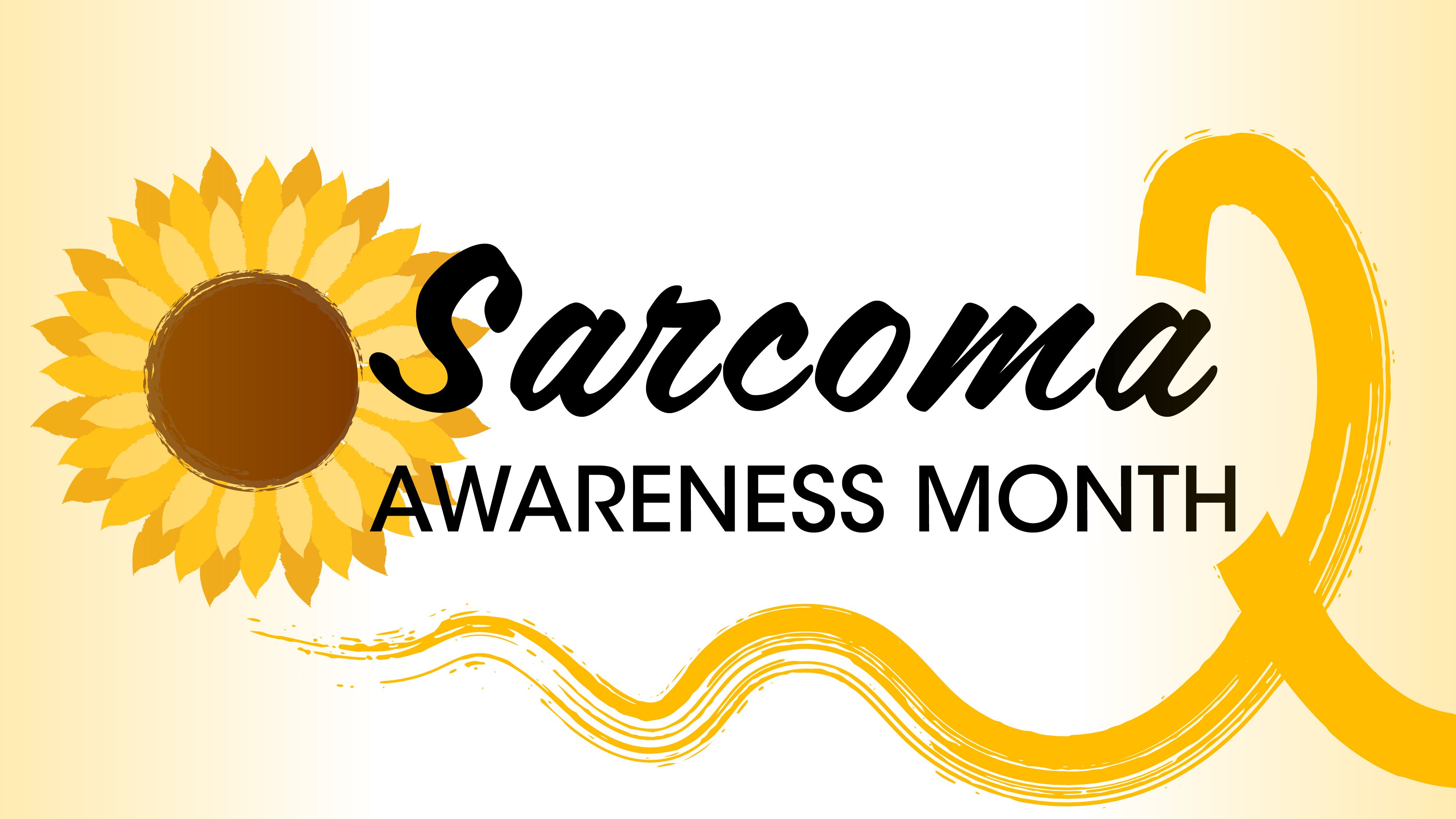
Expert Reviews Novel Treatment Options Across Sarcoma Subtypes

There are several novel treatments that may be beneficial in several sarcoma subtypes including CAR T-cell therapies and immune checkpoint inhibitors, according to Sandra P. D’Angelo, MD.
In a conversation with CancerNetwork® during Sarcoma Awareness Month, Sandra P. D’Angelo, MD, highlighted several available therapy options for certain patient subgroups, including CAR T-cell therapy and immune checkpoint inhibitors for synovial sarcoma. Additionally, she discussed treatments that had been approved by the FDA, and some that are in development that have the potential to impact the standard of care.
Additionally, D’Angelo, a sarcoma oncologist and cellular therapist at Memorial Sloan Kettering Cancer Center, highlighted specific sarcoma subtypes are under investigation that are in need of more targeted treatments.
Transcript:
Tazemetostat [Tazverik] is a drug that was recently approved for epithelioid sarcoma, based on the fact that these tumors are characterized by INI-1 loss, and using that drug is a logical approach and offers reasonable control for some patients.1 The field of immunotherapy is blossoming in oncology, although in sarcoma, we’re a little bit behind. Many of the delays in advancements are often unfortunately driven by a lack of interest by larger pharmaceutical companies to support novel trials in these rare diseases, although that hasn’t stopped us as a field.
Our first FDA approval with checkpoint blockade came recently with atezolizumab [Tecentriq] being approved for alveolar soft-tissue sarcoma.2 That work was spearheaded by colleagues at the National Institute of Health. That’s an important advancement in the field. There’s a lot of effort with T-cell therapies, specifically focused on synovial sarcoma, with afami-cel [afamitresgene autoleucel] which is a T-cell construct that targets MAGE-A4. There has also been some work done with lete-cel [letetresgene autoleucel] which is a T-cell construct that targets NY-ESO and both of those have been studied in synovial sarcoma and myxoid round-cell liposarcoma.
There has been some progress and interest in exploring these T-cell constructs in those specific sarcomas. There’s also some interesting work happening with novel inhibitors, for example, bromodomain-9 inhibitors in synovial sarcoma, which targets the underlying biology of the disease driven by the translocation. There’s a lot happening in the field, and we’re excited that the approach we’re taking now is more tailored and specific. We’re trying to figure out what defines a specific sarcoma subtype and what makes more sense in that disease.
References
- FDA approves tazemetostat for advanced epithelioid sarcoma. News release. FDA. January 23, 2020. Accessed July 20, 2023. https://bit.ly/3XXNQuf
- FDA grants approval to atezolizumab for alveolar soft part sarcoma. News release. FDA. December 9, 2022. Accessed July 20, 2023. https://bit.ly/3pP1D9T
Newsletter
Stay up to date on recent advances in the multidisciplinary approach to cancer.





































